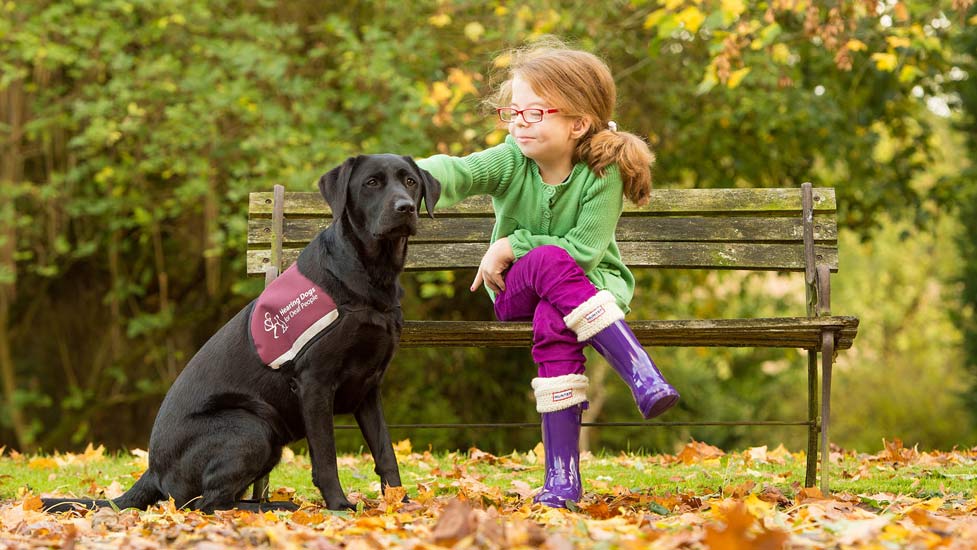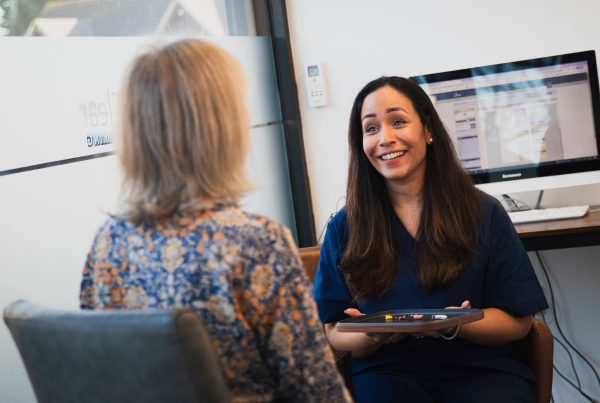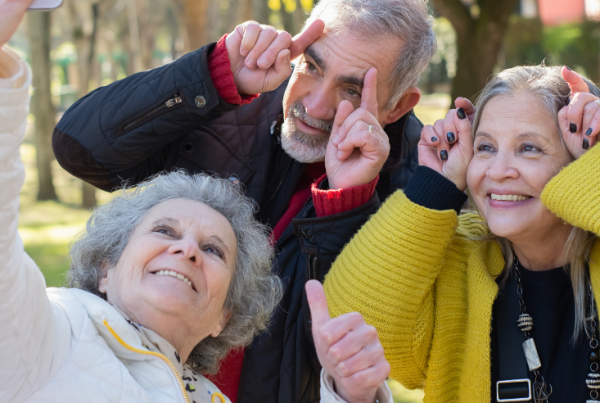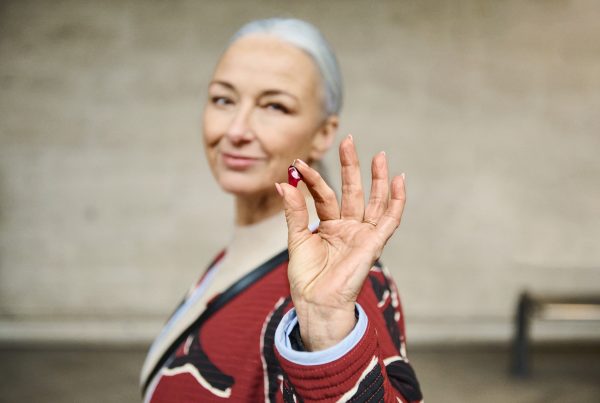Article by Sophie Ede, CEO of the Charity Hearing Help Essex
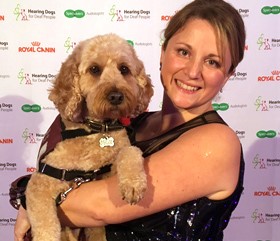
Sophie Ede & Rusty
I was fitted with my first hearing aid at 17 years old, whilst studying for my A Levels. It was a huge adjustment to make, especially considering the importance of my education at the time. As it was just one ear, though, I was able to cope quite well and I secured a place at Trinity College of Music in London, as a classical singer.
Being a singer with a hearing aid was difficult. Thankfully, my one working ear allowed me to continue my training as a professional opera singer. I went on to study postgraduate opera studies at The Royal Academy of Music, and performed throughout the UK and Europe professionally.
Unfortunately, in 2011, my hearing deteriorated. I was left with severe hearing loss in both ears, and was fitted with 2 digital hearing aids. I tried to carry on with my career and life as I had known it, but it became apparent that this wouldn’t be possible.
The hearing aids allowed me to hear conversationally, but weren’t able to cope in my musical world. I was forced to retire as a professional singer and retrain as a teacher.
My dream career had been cut short, social situations were becoming more and more difficult, and I wasn’t sleeping well at night. I felt isolated, vulnerable, and that I had no one to talk to.
I started teaching at a primary school, but the busy noise of the classroom was exhausting. After 4 years of teaching and a further decline in my hearing, I was forced to retire from teaching.
In 2010, my audiologist suggested that I apply for a Hearing Dog through a charity called Hearing Dogs for Deaf People. After some research, I realised that this might be the solution to the challenges I faced daily with various practical, social, and emotional situations.
Rusty the Hearing Dog was placed with me in 2015 and immediately began to help me in ways I couldn’t have imagined before. Rusty has been trained to alert me to every day sounds; the alarm clock, telephone, doorbell, fire alarms, etc. When he hears a sound, he nudges me twice with his nose and guides me to the sound. If the sound is dangerous, such as a fire alarm, he drops to the floor to alert me.
Similar to guide dogs, he accompanies me everywhere in his burgundy uniform, which raises awareness of my invisible disability. He has helped me immeasurably, both socially and emotionally. He has given me the confidence to openly talk about my hearing loss, which has helped me meet others in similar situations. Rusty has made me realise that I’m not alone.
In 2017, I became the CEO of Hearing Help Essex; a charity that helps people who are experiencing the same difficulties that I was. I’ve been able to turn my situation into a positive experience by helping others to discover hearing aids and other assistive technology.
Hearing Help Essex run 2 main services. Firstly, an NHS Hearing Aid Support service that provides practical help to over 4,000 NHS patients every year. Secondly, an information advice service that helps 2,500 people every year with hearing loss.
Hearing Loss is misunderstood and underfunded. If you would like to learn more about Hearing Help Essex, please visit our website. To learn more about Hearing Dogs for Deaf People, visit their website.
Did you know?
- Hearing dogs UK currently have almost 1,000 working hearing dogs helping people across the UK.
- Most hearing dogs are kept as pets once they retire at age 11.
- Hearing dogs are trained from 8 weeks until their around 16 months old.
- It costs £40,000 to train and support each hearing dog throughout their lifetime.

